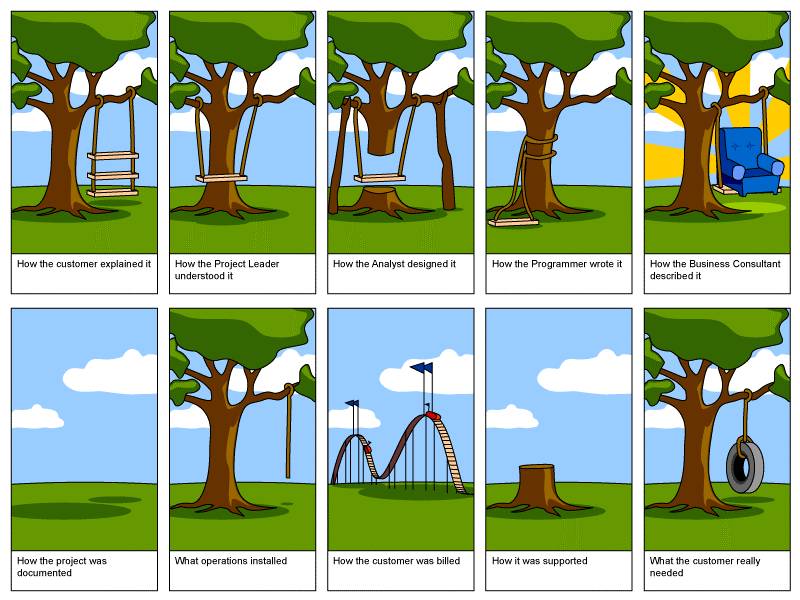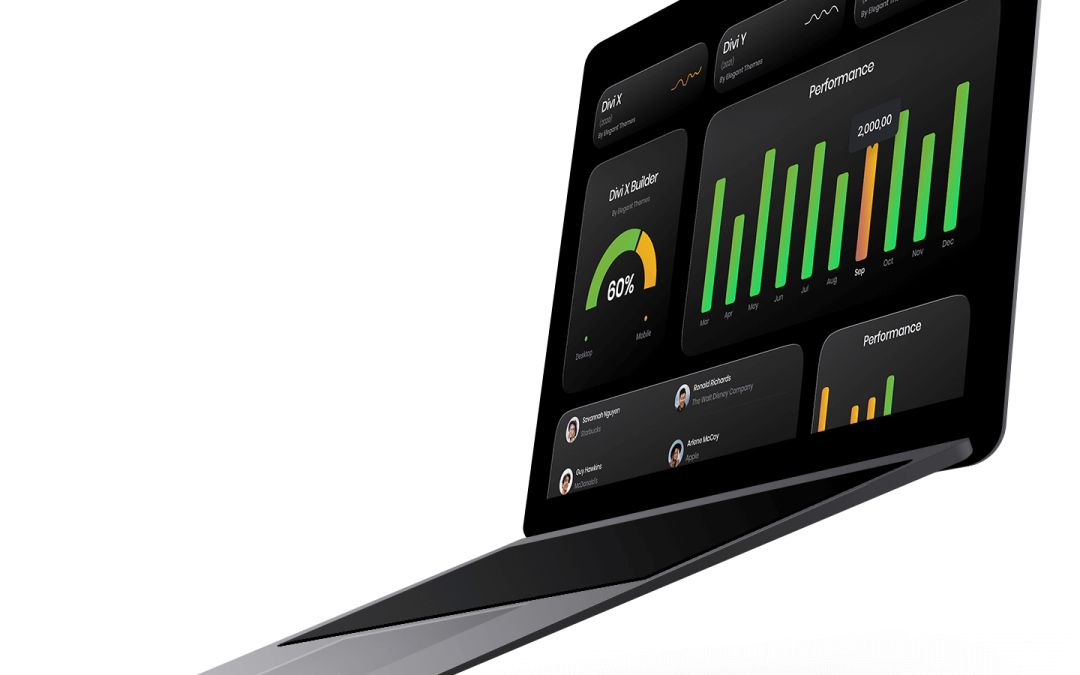As with any “boutique” business, the success or failure of our efforts can solely ride on whether or not we ask the right questions. Very much like a custom fabricator or machine shop, we need to know the obvious measurements and materials, but most importantly we need to know HOW our application will be used. It’s one thing to simply rebuild a part that had a simple function, but it’s another thing to know how the tool will be used and by whom. Not be belabor such an obvious metaphor, but many tools are designed to do a very simple task (hammer), while others are much more complicated (CNC machine). If you don’t ask the client what they’ll be cutting with the new CNC machine you just built them, you may be surprised to find out they work in titanium, not plastic. This may seem silly but I run into it all the time. And it helps avoid the illustration below:  Granted, we are hired for projects to be the experts in our field, and our primary focus is on making our clients successful with what they’ve hired us to do. Often times we fill needs that the client wasn’t aware they will have if we move forward with the idea as they understand it. For example, if we are asked to design a simple web UI for a fancy new application, we will certainly want to know who the audience is for the application. When we recently delivered a tool for use in a radiology department, we made sure to visit the environment so we would know whether the users would need a high contrast theme when working in the dark. Turns out they did and it made a huge difference to the success of the application. I never assume the client has thought through the entire process involved with application development. Typically these are the things that will weigh down great ideas. Some of the best applications we’ve been hired to build have been fairly simple, obvious ideas that help solve a very specific problem. Our clients leave it up to us to as the right questions and see to it that the idea makes it the final mile.
Granted, we are hired for projects to be the experts in our field, and our primary focus is on making our clients successful with what they’ve hired us to do. Often times we fill needs that the client wasn’t aware they will have if we move forward with the idea as they understand it. For example, if we are asked to design a simple web UI for a fancy new application, we will certainly want to know who the audience is for the application. When we recently delivered a tool for use in a radiology department, we made sure to visit the environment so we would know whether the users would need a high contrast theme when working in the dark. Turns out they did and it made a huge difference to the success of the application. I never assume the client has thought through the entire process involved with application development. Typically these are the things that will weigh down great ideas. Some of the best applications we’ve been hired to build have been fairly simple, obvious ideas that help solve a very specific problem. Our clients leave it up to us to as the right questions and see to it that the idea makes it the final mile.
